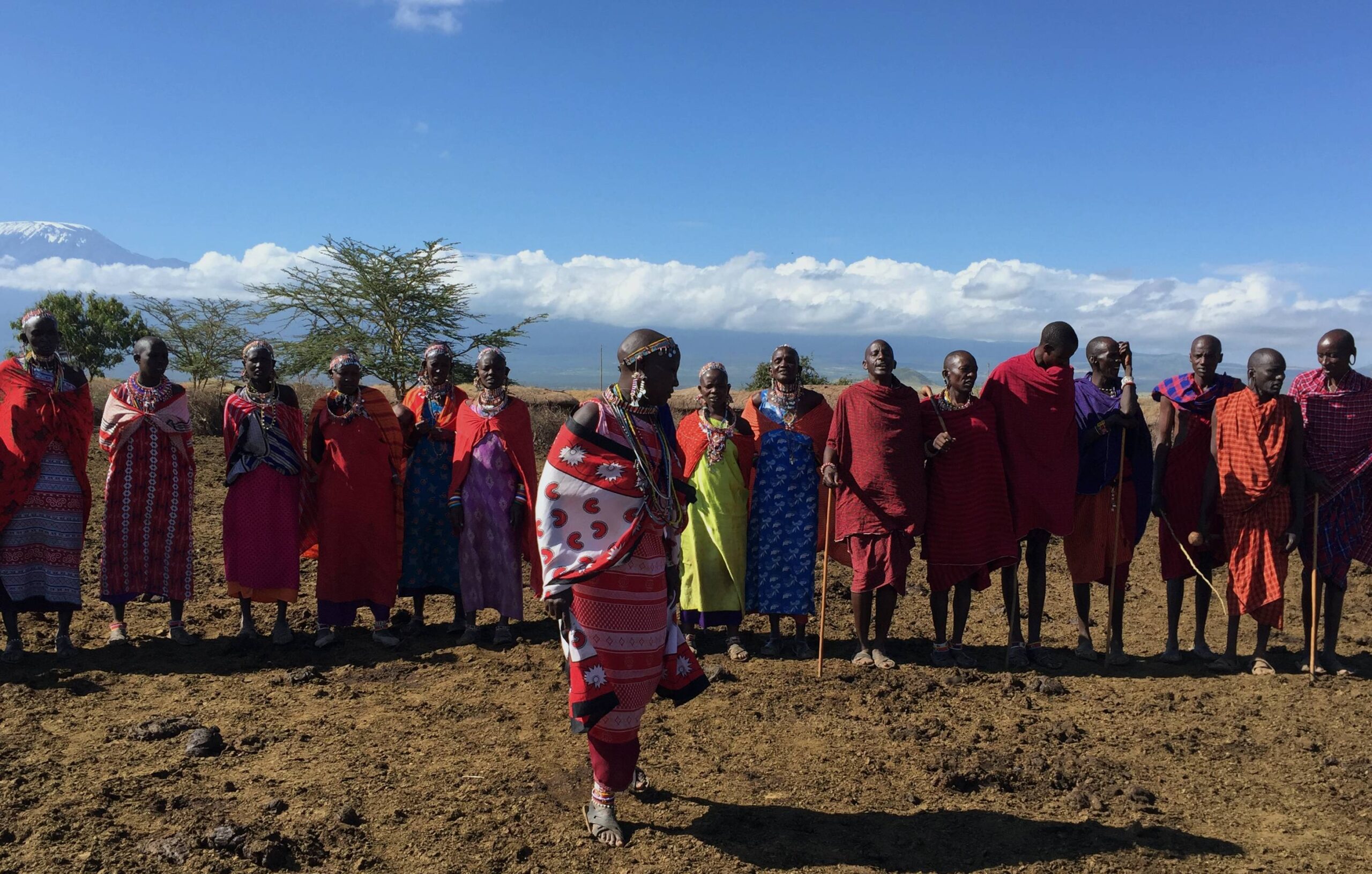Image credit: Beth Allgood
Deep listening is listening from a deeper, more receptive place. It allows for one to key into the subtler and more underlining meanings. Active listening is making the choice to be fully present and devoted to the conversation. Deep listening goes one step further; It allows us to truly understand and connect with the speaker. It encourages us to forgo our biases and preconceived notions about certain issues with the hopes of gaining a new perspective and deeper understanding. Deep listening will allow us to earn the trust of our community members and facilitate a meaningful relationship, fostering open and honest dialogue, all while making the speaker feel understood, feel like they matter, and feel that their voice is heard and valued.
Training community data collectors to engage in deep listening is an important step toward accumulating more accurate and authentic community data. If we simply ask questions and record basic and condensed answers, getting a full understanding of what community members need will prove to be rather difficult. In her article regarding reclaiming the lost art of deep listening, Naz Beheshti, Forbes contributor and executive wellness coach, explains that “the more deeply we give of ourselves as listeners, the more deeply the other person will be willing to share and connect with us. It is in that place of greater connection and vulnerability that true collaboration takes place.” Listening deeply and actively facilitates deeper, more meaningful connections and dialogues between data collectors and community members.
“When you talk, you are only repeating what you already know. But if you listen, you may learn something new.”
Dalai Lama
In his article dedicated to the art of deep listening, Dr. Roger K. Allen believes deep listening contains many benefits. He states deep listening can “build trust and goodwill; deepen our understanding of others; [and] make it safe for others to open up…” Earning the trust of community members and developing an open and honest dialogue will make our projects significantly more successful and beneficial. This also allows us to gain information that may have been missed if there wasn’t an open and trusting relationship.
So, how do we go about being better listeners? Understanding your intentions prior to the conversation is a fundamental aspect of deep listening. Setting your intentions and goals for the conversation ensures that you won’t stray. Teach yourself to be comfortable sitting in silence while listening instead of interrupting. Try not to plan out what your next response will be. Just be in the moment and take in the information being given to you. Lastly, restate the information for clarification and ask thoughtful questions that further the dialogue.
OneNature is integrating the deep listening approach in all of our work in order to better understand and support community values, culture, and priorities. To learn more about how we will be integrating deep listening and what our next steps are, check out our wellbeing approach to conservation.
